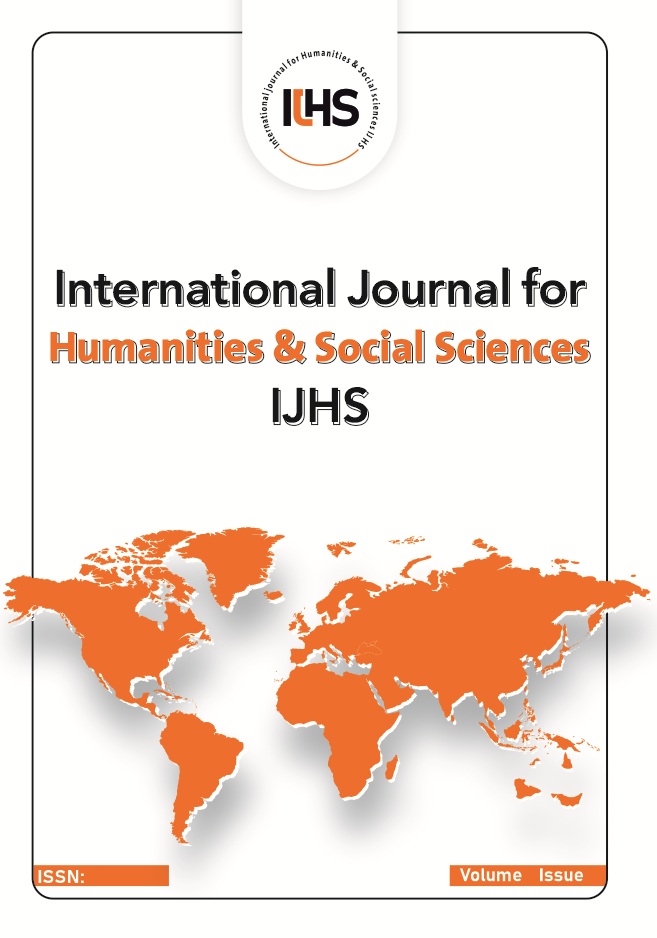The effect of Disney's creative strategy on the achievement of fourth-grader students in literature and texts
Main Article Content
Abstract
The current research aims to identify the impact of the Disney Creative Strategy on the achievement of fourth-grade literary students in the subject of literature and texts by testing the following null hypothesis: There is no statistically significant difference at the level of (0.05) between the mean scores of students in the experimental group who study literature and texts according to the Disney Creative Strategy and those in the control group who study using the traditional method. The researchers followed the procedures of the quasi-experimental method consisting of an experimental group and a control group. After completing the experiment and using the following statistical tools (t-test, Chi-square, difficulty coefficient, discrimination coefficient, effectiveness of incorrect alternatives, retest method, and effect size), it was found that the students in the experimental group who studied according to the Disney Creative Strategy outperformed those in the control group who studied using the traditional method in their achievement. The researchers suggested several procedures, including conducting a similar study to the current one, focusing on other variables such as gender and grade level, and concept acquisition.
Article Details

This work is licensed under a Creative Commons Attribution 4.0 International License.
International Journal for Humanities and Social Sciences (IJHS) is licensed under the http://creativecommons.org/licenses/by/4.0, which allows users to copy, create extracts, abstracts, and new works from the article, alter and revise the article, and make commercial use of the article (including reuse and/or resale of the article by commercial entities), provided the user gives appropriate credit (with a link to the formal publication through the relevant DOI), provides a link to the license, indicates if changes were made, and the licensor is not represented as endorsing the use made of the work. The authors hold the copyright for their published work on the IJHS website, while IJHS is responsible for appreciate citation of their work, which is released under http://creativecommons.org/licenses/by/4.0, enabling the unrestricted use, distribution, and reproduction of an article in any medium, provided that the original work is properly cited.

